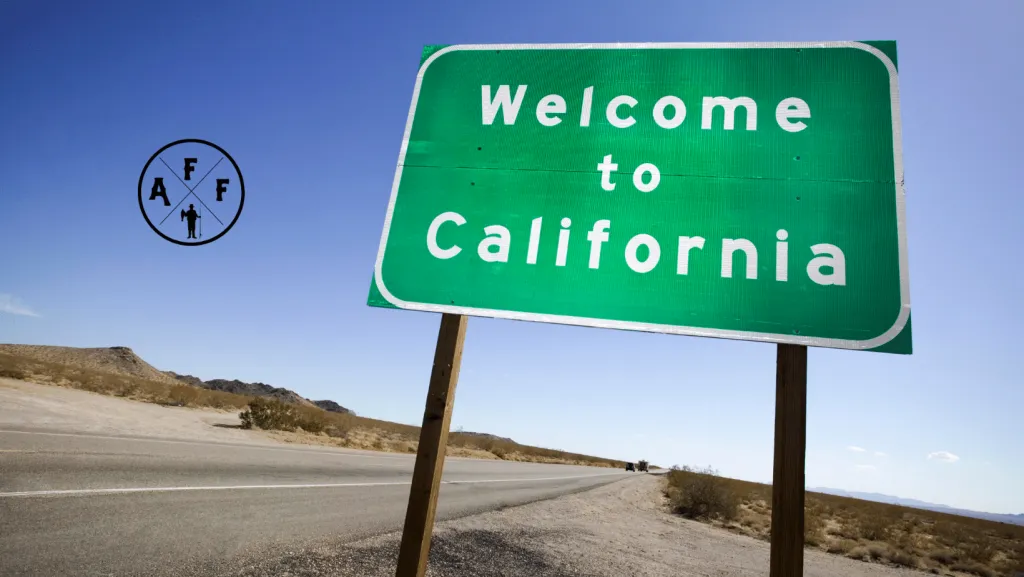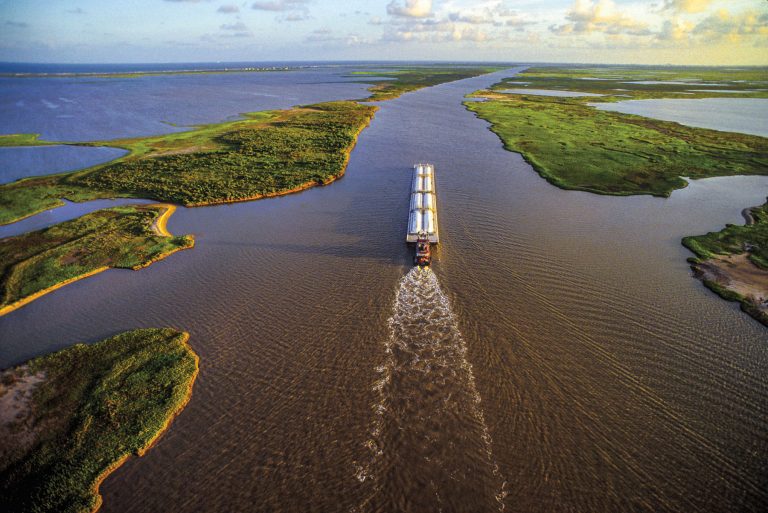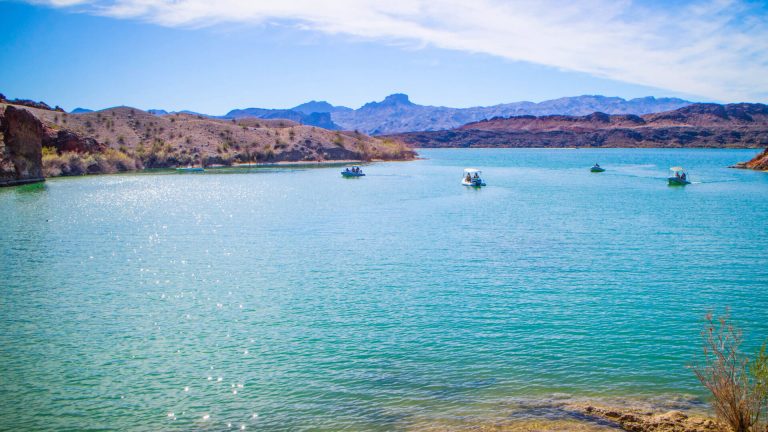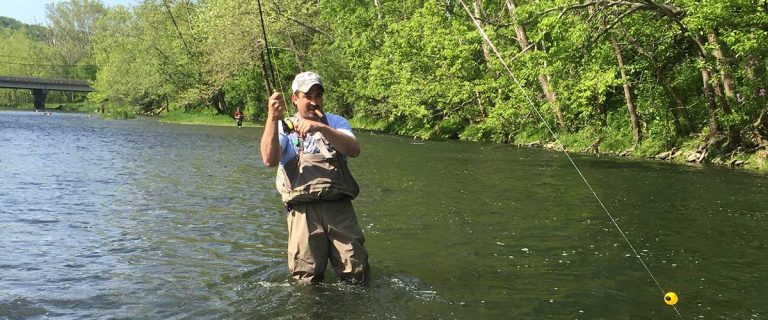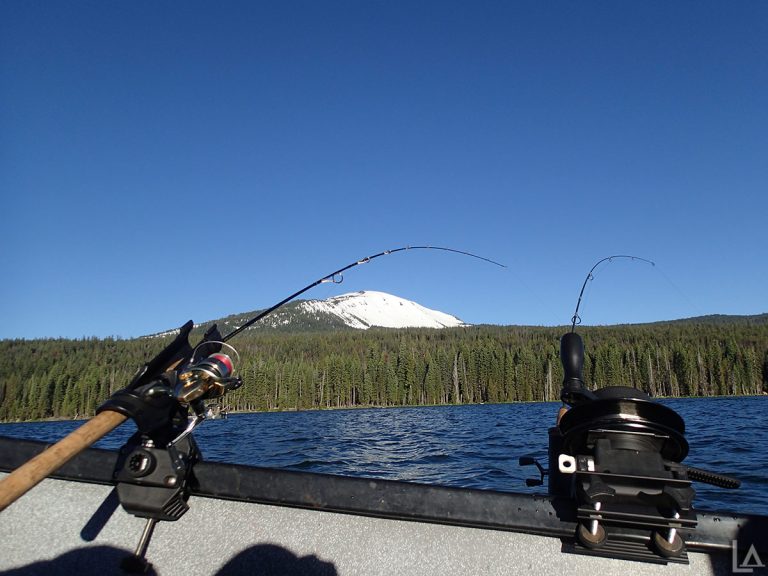California’s diverse aquatic ecosystems offer anglers a wealth of fishing opportunities. Whether you’re casting a line in a mountain stream or deep-sea fishing off the coast, understanding the state’s fishing license requirements is crucial. This comprehensive guide will walk you through everything you need to know about obtaining and using a California fishing license in 2025.
Who Needs a California Fishing License?
In California, anyone aged 16 or older must possess a valid fishing license to take fish, mollusks, crustaceans, invertebrates, amphibians, or reptiles in inland or ocean waters. However, there are a few exceptions:
- Fishing from a public pier in ocean waters does not require a license.
- Two Free Fishing Days are offered annually (July 6 and August 31, 2025), allowing license-free fishing statewide.
- Certain groups may be eligible for free or reduced-fee licenses.
Even if you’re exempt from needing a license, you may still need to obtain certain validations or report cards for specific species or areas. For the most up-to-date information on licensing requirements, visit the California Department of Fish and Wildlife (CDFW) Fishing License page.
Types of California Fishing Licenses
The CDFW offers a variety of fishing license options to suit different needs:
Annual Licenses
- Resident Sport Fishing License
- Non-Resident Sport Fishing License
These licenses are valid for 365 days from the date of purchase, providing year-round fishing opportunities.
Short-Term Licenses
- One-Day Sport Fishing License
- Two-Day Sport Fishing License
- Ten-Day Non-Resident Sport Fishing License
Short-term licenses are ideal for visitors or occasional anglers who don’t need a full year of coverage.
Lifetime Licenses
Available to California residents, lifetime licenses offer a one-time purchase for lifelong fishing privileges. The cost varies based on the applicant’s age at the time of purchase.
For a complete list of license types and their descriptions, visit the CDFW’s Sport Fishing Items and Fees page.
California Fishing License Fees for 2025
The CDFW sets fishing license fees annually. Here’s a breakdown of the current fees:
| License Type | Resident Fee | Non-Resident Fee |
|---|---|---|
| Annual License | $61.82 | $166.89 |
| One-Day License | $20.26 | $20.26 |
| Two-Day License | $31.06 | $31.06 |
| Ten-Day License | N/A | $61.82 |
For lifetime licenses, the fees are as follows:
| Age Group | Lifetime License Fee |
|---|---|
| 0-9 years | $679.75 |
| 10-39 years | $1,112.00 |
| 40-61 years | $1,001.75 |
| 62+ years | $679.75 |
Note: All fees include a 5% license agent handling fee and a 3% non-refundable application fee. For the most current fee information, always check the official CDFW website.
Reduced-Fee and Free Fishing Licenses
California offers reduced-fee licenses for certain groups:
- Disabled Veterans: $9.53 at CDFW offices, $9.98 from license agents
- Recovering Service Members: $9.53 at CDFW offices, $9.98 from license agents
- Low-Income Seniors: $9.53 (available only at CDFW offices)
Free sport fishing licenses are available for:
- Low-income Native Americans
- Individuals who are blind, mobility impaired, or developmentally disabled
To qualify for these special licenses, applicants must meet specific criteria and may need to provide documentation. For the most up-to-date information on eligibility and application processes, visit the CDFW’s Reduced-Fee Sport Fishing Licenses page.
Additional Validations and Report Cards
Depending on the species you’re targeting and where you plan to fish, you may need to purchase additional validations or report cards. These include:
- Ocean Enhancement Validation: $7.05 (required for fishing in ocean waters south of Point Arguello)
- Second-Rod Validation: $19.44 (for inland waters)
- Report Cards: Required for steelhead, sturgeon, spiny lobster, and salmon in certain rivers. Fees vary by species.
Always check the current regulations for your specific fishing plans, as requirements can change annually. You can find the most recent information on the CDFW’s Fishing Regulations page.
Where to Purchase a California Fishing License
California offers several convenient options for purchasing fishing licenses:
- Online: Visit the CDFW Automated License Data System (ALDS) website to purchase and print your license instantly: https://www.ca.wildlifelicense.com/InternetSales/
- License Agents: Authorized retailers such as sporting goods stores, bait and tackle shops, and some large retailers sell fishing licenses. Find a license agent near you: https://www.ca.wildlifelicense.com/InternetSales/OutletSearch/FindOutlet
- CDFW Offices: You can purchase licenses in person at CDFW license sales offices throughout the state. Locate a CDFW office: https://wildlife.ca.gov/Explore/Organization/LRB
- By Phone: Call the CDFW License and Revenue Branch at (916) 928-5805 to purchase a license over the phone.
When purchasing a license, you’ll need to provide personal information such as your name, address, date of birth, and a form of identification. Non-residents may use their driver’s license or state ID from their home state.
Important Considerations for California Fishing Licenses
- Carry Your License: Always have your fishing license in your possession while fishing. Digital copies on your smartphone are acceptable.
- License Replacement: If you lose your license, you can obtain a replacement for a small fee. Keep your license in a safe, dry place to avoid damage.
- Non-Transferable: Fishing licenses are non-transferable. Only the person named on the license may use it.
- Additional Permits: Some areas or species may require additional permits or stamps. Always check local regulations before fishing.
- Fishing Regulations: A fishing license doesn’t exempt you from following fishing regulations. Be sure to familiarize yourself with bag limits, size restrictions, and seasonal closures for the species you’re targeting. Review the current California Freshwater and Ocean Sport Fishing Regulations: https://wildlife.ca.gov/Regulations/Fishing
Conservation and the Role of Fishing Licenses
Purchasing a fishing license does more than just allow you to fish legally. The revenue generated from license sales plays a crucial role in conservation efforts across California. Here’s how your license fee contributes to maintaining healthy fisheries:
- Habitat Restoration: Funds support projects to improve and restore fish habitats in lakes, rivers, and coastal waters.
- Fish Stocking: Many popular fishing spots are regularly stocked with fish to maintain populations and enhance angling opportunities.
- Research and Monitoring: Scientists use license revenue to study fish populations, migration patterns, and overall ecosystem health.
- Education Programs: Funds support angler education initiatives and youth fishing programs, fostering a new generation of conservation-minded anglers.
- Law Enforcement: Game wardens rely on license fees to enforce fishing regulations and protect California’s aquatic resources.
By purchasing a fishing license, you’re not just gaining the right to fish; you’re investing in the future of California’s fisheries and supporting sustainable angling practices.
Tips for Responsible Angling in California
To ensure that California’s fisheries remain healthy for future generations, practice responsible angling:
- Know the Regulations: Always check the current fishing regulations for your area and target species before heading out.
- Practice Catch and Release: When possible, release fish carefully to ensure their survival and maintain healthy populations.
- Use Appropriate Gear: Choose the right tackle for your target species to minimize unintended catches and reduce fish mortality.
- Clean Up: Always pack out your trash and fishing line to keep waterways clean and safe for wildlife.
- Report Violations: If you witness illegal fishing activities, report them to the CalTIP hotline at 1-888-334-2258 or online at https://wildlife.ca.gov/Enforcement/CalTIP
- Educate Others: Share your knowledge of responsible fishing practices with fellow anglers, especially newcomers to the sport.
Conclusion
Obtaining a California fishing license is a straightforward process that opens up a world of angling opportunities across the state. Whether you’re casting a line in a high mountain lake, trolling for salmon in the Pacific, or enjoying a day of pier fishing, your license ensures that you’re contributing to the conservation and management of California’s diverse aquatic ecosystems.
Remember, fishing regulations and license requirements can change from year to year. Always check the official California Department of Fish and Wildlife website for the most up-to-date information before planning your fishing trip.
By understanding and following California’s fishing license requirements and regulations, you’re not just complying with the law – you’re playing an active role in preserving the state’s rich fishing heritage for generations to come. So grab your license, pack your gear, and get ready to experience the incredible fishing opportunities that California has to offer!
What happens if I lose my fishing license?
If you lose your California fishing license, you can request a duplicate from a CDFW license sales office or any license agent for a fee of $13.78.
Can I fish without a license on a public pier?
Yes, you can fish from a public pier in ocean waters without a fishing license. However, you must still follow all other fishing regulations, and you may need a report card for certain species like sturgeon or spiny lobster.
Do I need a fishing license if I’m assisting someone who has a license?
If you’re actively participating in fishing activities, such as casting, baiting hooks, or reeling in fish, you must have your own valid fishing license. Simply assisting or observing does not require a license.
How long is my California fishing license valid?
Most California fishing licenses, including the resident and non-resident sport fishing licenses, are valid for 365 days from the date of purchase. Short-term licenses are valid for the specified duration (1, 2, or 10 days), while lifetime licenses are valid for the holder’s lifetime.



